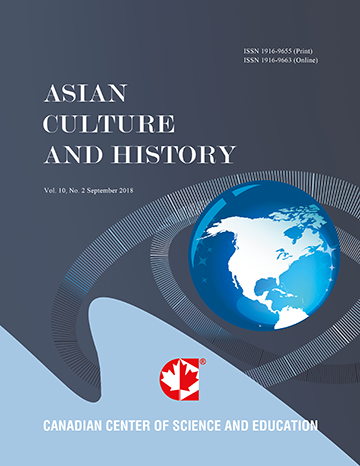Out-migrants and Local Institutions: Case Study of a Depopulated Mountain Village in Japan
- Mika Okubo
- Abrar Mohammed
- Makoto Inoue
Abstract
Rural depopulation is now well acknowledged to be one of the salient challenges faced by Japan (Ohno, 2005; Odagiri, 2006). However, out-migrants that left their village of origin still maintain their bond with the villages through local institutions and natural resources. By taking Mogura village in Hayakawa town, Yamanashi prefecture as a case study, this article discusses relationships between out-migrants and their depopulated village of origin by focusing on local institutions and natural resource management. Data was collected using open ended interview and participant observation methods. The result shows that, although the style of observing has changed, out-migrants play important role in local institutions and assisting resource management of their depopulated village of origin. The institutions still have meaning for out-migrants to keep relationships with their village of origin. Several customs, such as collaborative labor, obon, New Year vacation, and the anniversary of ancestors’ death ceremony, provide scheduled opportunities for out-migrants and residents to get together and good reasons to come to the place of the village of origin. We argue that local institutions and natural resources, although in the process of transformation, can be helpful tools to link out-migrants with villages. We, however, take precaution on whether such role will be transferred to next generation of the out-migrants that are born and are living outside the village of origin of the out-migrants.
- Full Text:
 PDF
PDF
- DOI:10.5539/ach.v8n1p1
Journal Metrics
Google-based Impact Factor (2017): 5.42
h-index (January 2018): 11
i10-index (January 2018): 21
h5-index (January 2018): 6
h5-median (January 2018): 9
Index
- Academic Journals Database
- CNKI Scholar
- COPAC
- EconPapers
- Elektronische Zeitschriftenbibliothek (EZB)
- Excellence in Research for Australia (ERA)
- Genamics JournalSeek
- Google Scholar
- Infotrieve
- LOCKSS
- MIAR
- NewJour
- Open J-Gate
- PKP Open Archives Harvester
- Publons
- RePEc
- Scilit
- SHERPA/RoMEO
- Standard Periodical Directory
- Technische Informationsbibliothek (TIB)
- The Keepers Registry
- Universe Digital Library
- WorldCat
Contact
- Ivan YongEditorial Assistant
- ach@ccsenet.org
